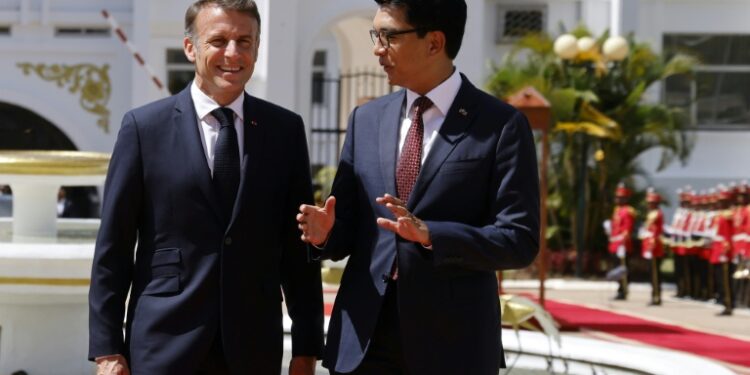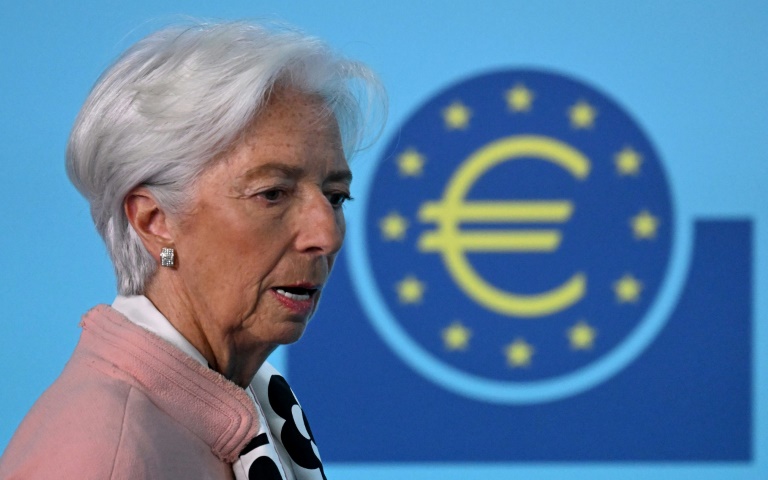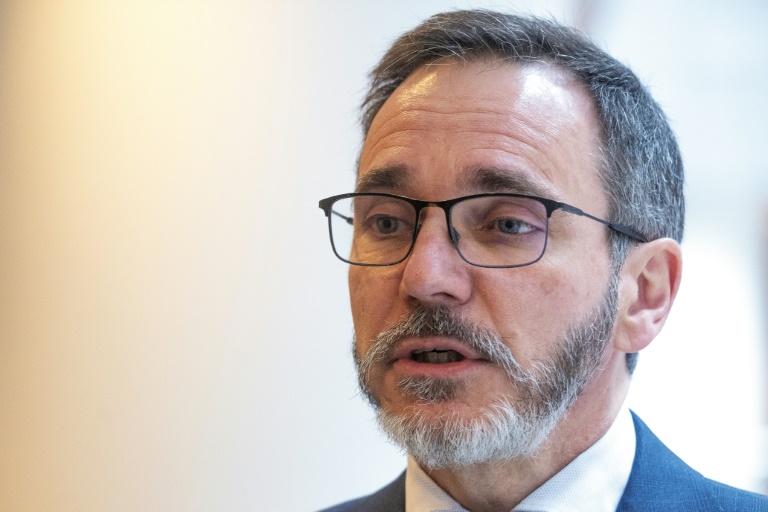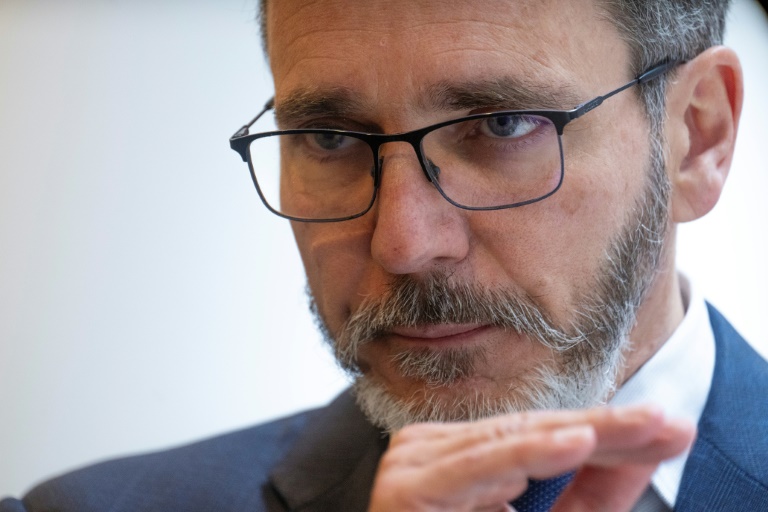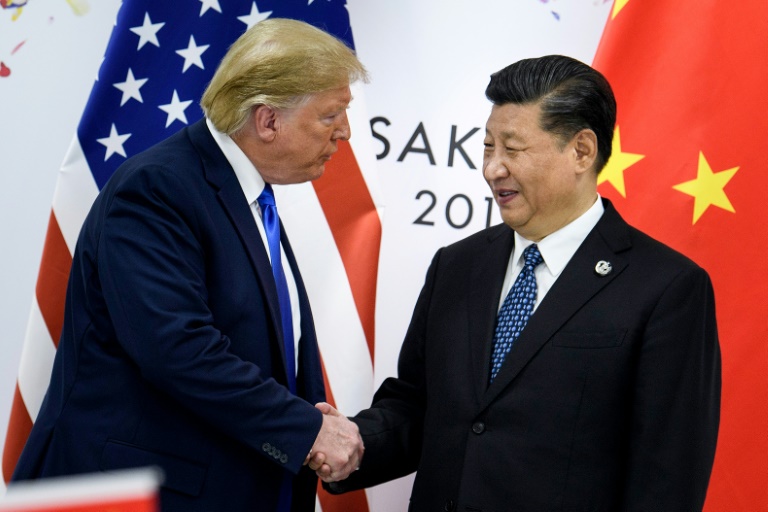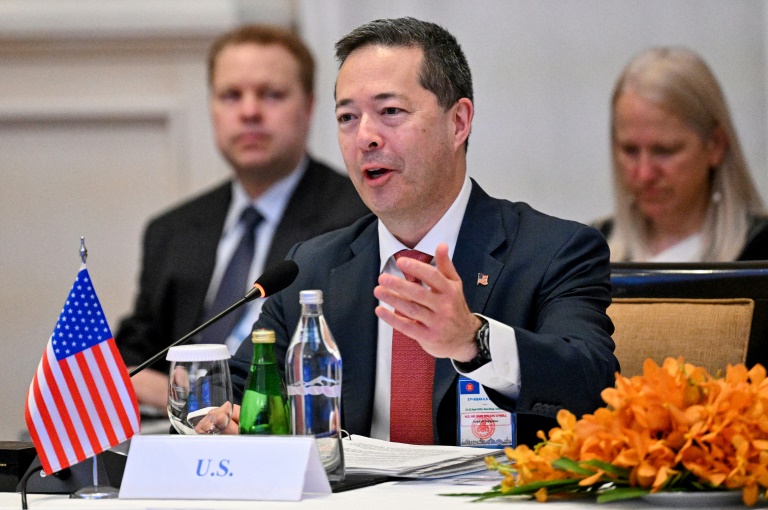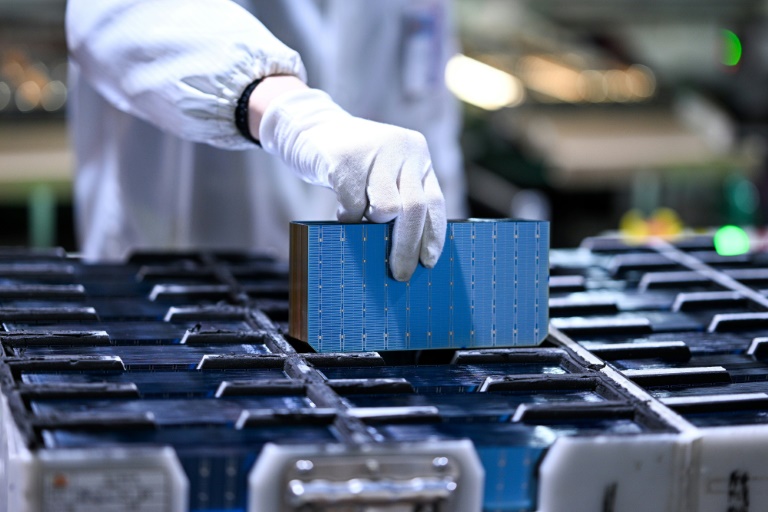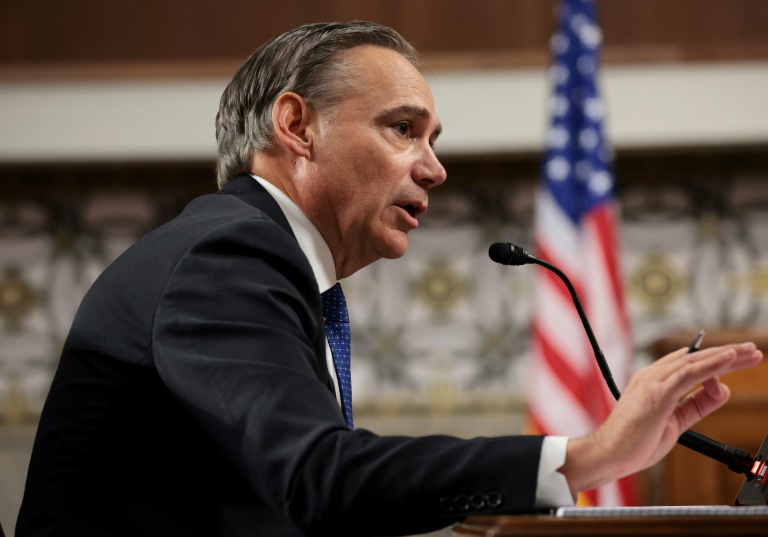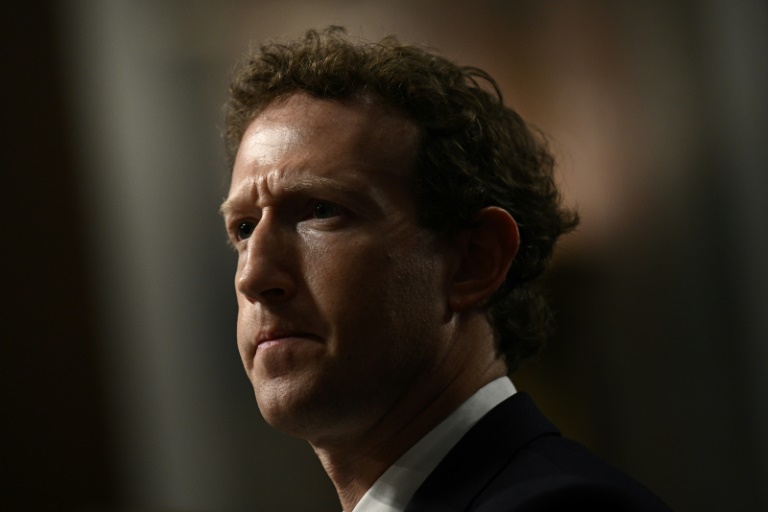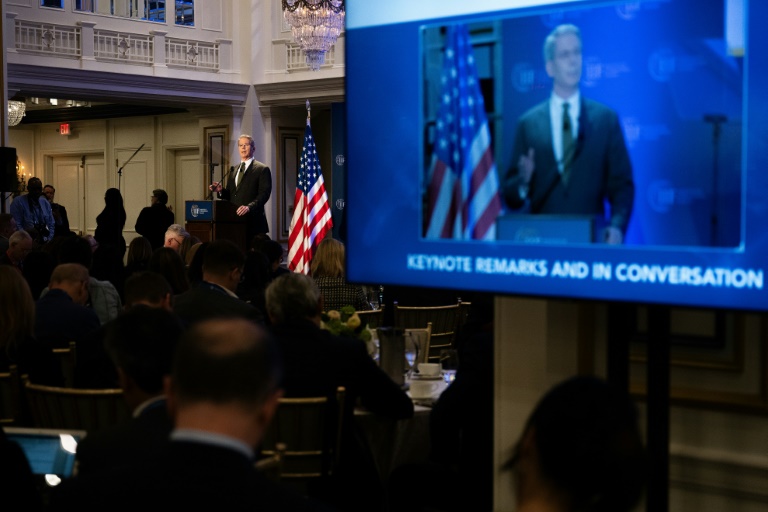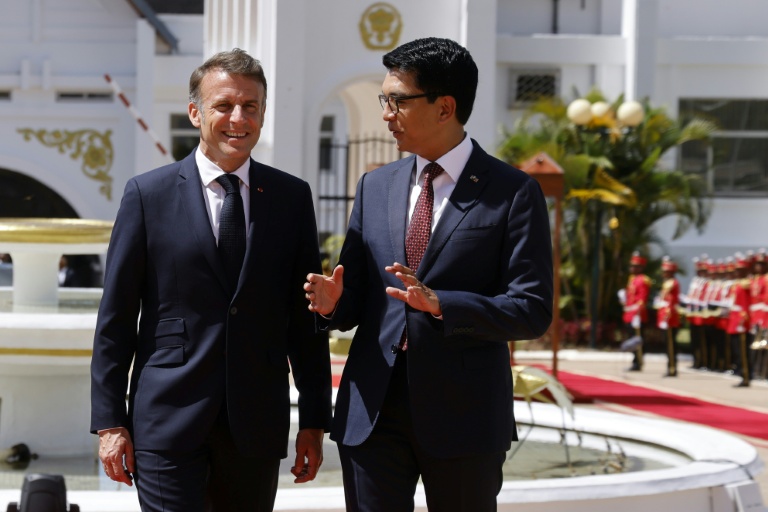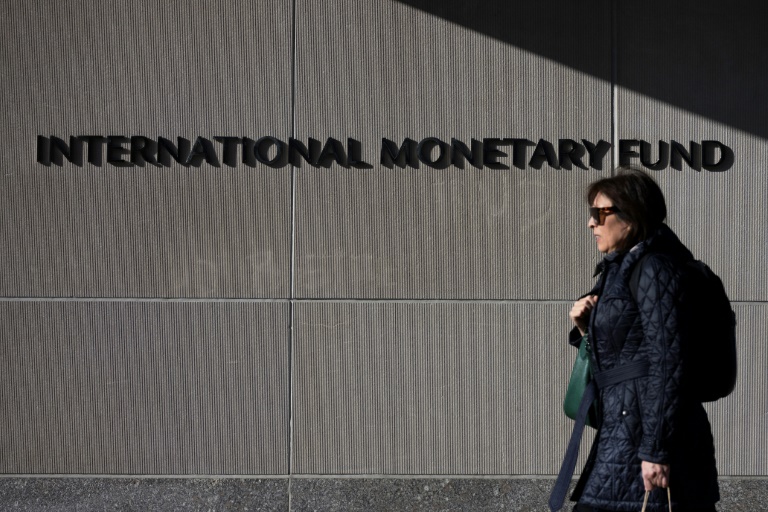Antananarivo (AFP) – France and Madagascar announced Wednesday they would strengthen economic cooperation through several ambitious projects, including a major hydroelectric dam, as President Emmanuel Macron kicked off a two-day state visit to the Indian Ocean island. The first official trip by a French president in 20 years is intended to strengthen bilateral ties and consolidate France’s presence in the Indian Ocean despite ongoing colonial-era disputes.
Macron announced after talks with President Andry Rajoelina that several agreements had been concluded during the visit, covering energy, digital technology, infrastructure, and tourism. They include a major agreement for French electricity giant EDF to acquire a stake in a hydroelectric dam project estimated at between $600 and $800 million with Madagascar’s hydroelectric company, CGHV. The Volobe dam is set to be built near the island’s east coast, 350 kilometers (217 miles) from the capital Antananarivo, with an estimated electrical capacity of over 120 megawatts. It should provide “access to electricity for almost 2 million people,” according to a statement from the French presidency.
Macron further called for a “partnership” between the two nations over strategic rare earth minerals needed for renewable energies, of which Madagascar has extensive reserves. His trip comes with France facing challenges to its sovereignty of some of its Indian Ocean territories and the growing ambitions of China and Russia in the region. Madagascar, a French-speaking island of 30 million people, disputes France’s ownership of several small islets nearby called the Scattered Islands that stayed under French rule when its other African colonies became independent. Similarly, the neighbouring archipelago nation of the Comoros claims the right to the island of Mayotte, a French department. Both occupy a strategic position in the Mozambique Channel, a major transit route for international trade and rich in gas and oil.
Demands for the handover of these territories are about “national identity, access to resources and, moreover, a means of pressure to obtain something else from France,” said Denys-Sacha Robin, an international maritime law specialist at the University of Paris-Nanterre. While Paris favours a “co-management” of the Scattered Islands, there is a push for Rajoelina to raise a full handover, similar to the 2024 deal for Britain to return the Chagos Islands to Mauritius.
Another theme running through the visit is the uncomfortable legacy of France’s colonisation of Madagascar — the fifth largest island in the world and known for its rich biodiversity and natural resources but burdened by high poverty. While Macron has pledged to return various cultural items taken by the French occupiers, plans were called off for him to bring back the skull of a king decapitated in 1897 by French troops and taken to France as a trophy. One issue holding up the restitution of the remains of King Toera is a family request that his desecrated tomb be restored.
There are also demands for France to make a stronger admission of its colonial-era transgressions on the island, which gained full independence in 1960. This includes the establishment of a commission “to shed full light on what are called colonial abuses,” said University of Antananarivo historian Jeannot Rasoloarison. The French president will also advocate for greater economic, health, maritime, and security cooperation between Madagascar and France’s regional possessions, including Mayotte and the island of Reunion.
On Thursday, he will call at a summit in Antananarivo of the Indian Ocean Commission (IOC) for Mayotte to be included in the grouping, which is being blocked by the Comoros. Also likely to come up is the fate of dual national Paul Maillot Rafanoharana, sentenced in 2021 to 20 years in prison for an attempted coup in Madagascar. He is being held in solitary confinement. His co-accused Philippe Francois, sentenced to 10 years, was transferred to France in 2023.
© 2024 AFP

